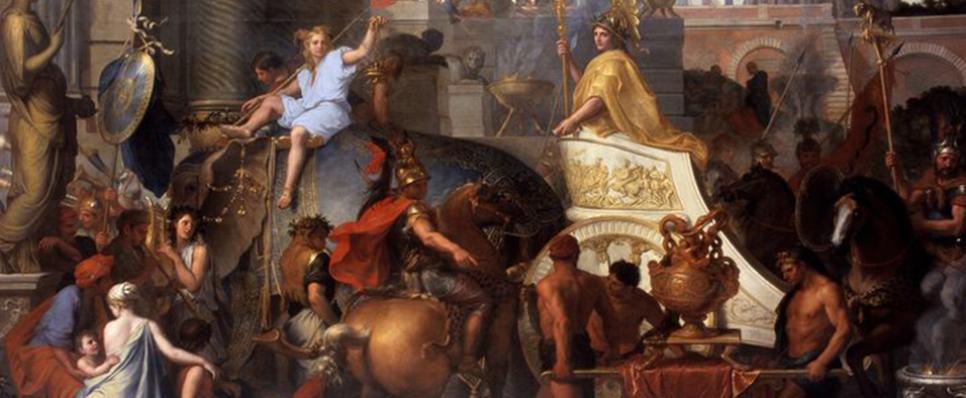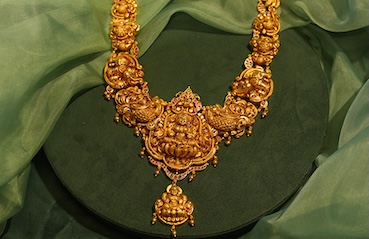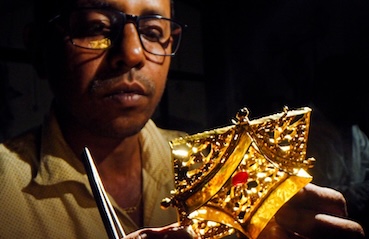Published: 27 Sep 2017
Alexander’s search for gold in India

It was Alexander the Great who first opened up trade routes to Ancient Greece, which later led to the lucrative exchange of Indian spices and woven cloths for piles of Greek gold.
India was known through the lands as being a place with great treasures. The wealth of King Solomon was believed to come from the East, his fleet of ships sailing to lands far and wide, including India, to trade.
From there, his merchant ships fetched such gold and precious stones, that "silver was nothing accounted for in the days of Solomon," as documented by H. E. Marshall in book titled "Our Empire Story”.
There were stories of an ancient heathen king and queen who were made rich and beautiful by the treasures of India; but little was known of the land of gold and spice as few journeyed there.
After passing through Syria, Egypt and Persia, the great Greek conqueror Alexander led his army to invade the unknown land of gold. His men saw strange new things, walked through thick jungles that swarmed with unknown beasts and golden scaled serpents. Upon returning home, they told stories of the combats of beasts, of dogs that were not afraid to fight with lions, and of ants as big as jackals that would dig for gold.
But in 327 B.C., Alexander the Great found his way to India.
While he and his men hoped to return home rich with gems and jewels, Alexander’s campaigns in India did not yield much gold or wealth. Contrary to the state of gold in the Persian Empire, where almost all the gold was held by royals, in India, gold and wealth was diffused and spread. Raid after raid Alexander came back empty handed.
In efforts to cobble alliances in India, not only were Alexander’s men unable to get their hands-on gold, but instead he had to pay 1000 talents of gold to Ambhi – the ruler of Taxila to secure an alliance, according to Ithihaasa: The Mystery of His Story is My Story of History by Bhaktivejanyana Swami.











